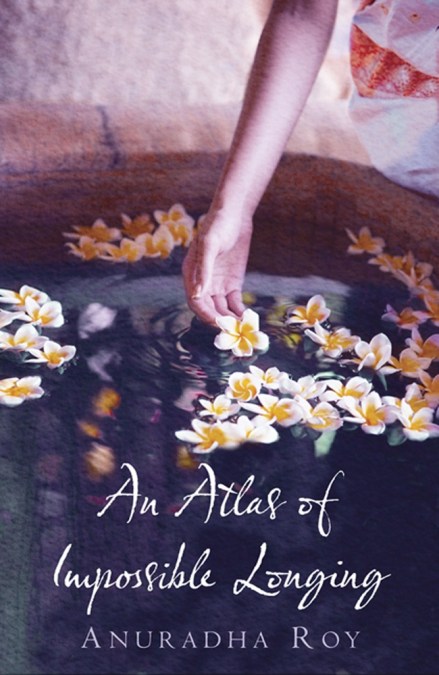An Atlas of Impossible Longing
On sale
5th June 2008
Price: £14.99
Selected:
Hardcover / ISBN-13: 9781847244772
The story is of three generations of an Indian family, brilliantly told, in which a sensitive and intelligent foundling boy orphan who is casteless and without religion and Bakul, the motherless granddaughter of the house, grow up together. The boy, Mukunda, spends his time as a servant in the house or reading the books of Mrs Barnum, an Anglo-Englishwoman whose life was saved long ago by Bakul’s grandmother, by now demented by loneliness. Mrs Barnum gives Mukunda the run of her house, but as he and Bakul grow, they become aware that their intense closeness is becoming something else, and Bakul’s father is warned to separate them. He banishes Mukunda to a school in Calcutta, where in the years after Partition he prospers, and whence in time he will return to rediscover all that he has lost.
The novel begins in 1907 with the founding of a factory in Songarh, a small provincial town where narrow attitudes prevail. Amulya and Kananbala have two sons and as their family grows, and the house and their garden too, a microcosm of a society develops. It is scholarly, eccentric, hide-bound, fraught with drama, destined to self-destruct. The many strands of this intensely fashioned narrative converge when Mukunda, by now a successful businessman, returns to Songarh years after he has been exiled from the only home he knew, to resolve the family’s destiny.
The novel begins in 1907 with the founding of a factory in Songarh, a small provincial town where narrow attitudes prevail. Amulya and Kananbala have two sons and as their family grows, and the house and their garden too, a microcosm of a society develops. It is scholarly, eccentric, hide-bound, fraught with drama, destined to self-destruct. The many strands of this intensely fashioned narrative converge when Mukunda, by now a successful businessman, returns to Songarh years after he has been exiled from the only home he knew, to resolve the family’s destiny.
Newsletter Signup
By clicking ‘Sign Up,’ I acknowledge that I have read and agree to Hachette Book Group’s Privacy Policy and Terms of Use
Reviews
'A lyrical love letter to India's past - an India of innocent child brides and jasmine-scented summer evenings. Poetic and evocative. Roy's writing is a joy' Financial Times.
'A story to lose yourself in ... Anuradha Roy is a wonderful writer ... this tale of three generations of an Indian family, set over the span of the 20th century, is brilliantly told' Sunday Express.
'Written with a soaring yet impeccably balanced lyricism, Roy's prose does not hit a single wrong note: its restrained beauty sings off the page. Above all, the book has an elusive quality, so absent from the contemporary novel, a quality that can only be described as grace' Time magazine.

